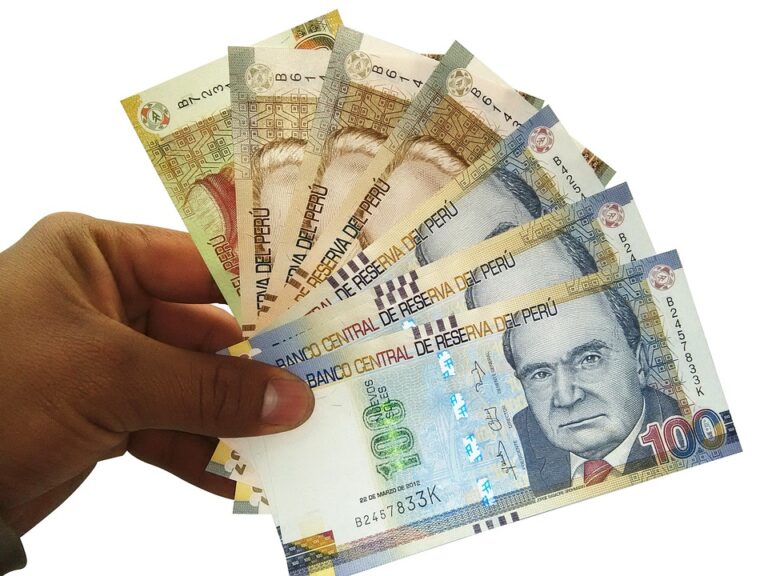Last updated Apr. 20, 2025 by Charles Zemub
Debt can feel overwhelming, but with some creativity and determination, you can tackle it effectively. This guide explores 29 innovative methods to help you pay off your debt, turning what feels like an impossible task into a series of manageable challenges. From side hustles to budget alterations, you’ll find strategies here that you might not have considered before.
1. Create a Detailed Budget
Keeping track of your earnings and expenses is the foundation for debt repayment. Detail your income and all expenditures to identify areas where you can cut back and allocate more funds to debt repayment.
2. Debt Snowball Method
This strategy involves paying off your smallest debts first. Once you clear a small debt, use the money designated for it to pay off the next smallest, creating a snowball effect.
3. Debt Avalanche Method
Contrary to the debt snowball, this method targets the debt with the highest interest rate first. Eliminating high-interest debts reduces the overall cost of your debt.
4. Consolidate Your Debt
Consider consolidating multiple debts into one with a lower interest rate. This simplifies payments and could reduce total interest paid.
5. Negotiate Lower Interest Rates
Don’t hesitate to contact your creditors to negotiate a lower interest rate. A reduced rate can significantly decrease your debt over time.
6. Automate Your Payments
Set up automatic payments from your bank account to ensure you never miss a payment, which can help avoid late fees and reduce interest accumulation.
7. Balance Transfer Credit Card
Transfer high-interest credit card debt to a card with a lower interest rate. Many offer 0% interest for an introductory period, allowing you to pay down the principal faster.
8. Use Windfalls Wisely
Apply bonuses, tax refunds, or inheritance money directly to your debt. These unexpected funds can make a significant dent in your outstanding balances.
9. Side Hustles
Consider taking on a part-time job or freelance work to increase your income. Use this extra money exclusively for debt repayment.
10. Sell Unused Items
Sell items you no longer need on platforms like eBay, Craigslist, or Facebook Marketplace. Use proceeds to pay down your debt.
11. Cut Unnecessary Subscriptions
Review monthly subscriptions and cancel those you can live without. Allocate these funds towards your debt.
12. Cash-Only System
Switch to a cash-only spending system to better control your budget and prevent overspending. This can help you allocate more money to your debt.
13. Refinance Loans
If you have student or auto loans, check if you qualify for refinancing at a lower interest rate. This could significantly lower your monthly payments.
14. Emergency Fund
Build a small emergency fund to prevent unexpected expenses from derailing your debt repayment plan.
15. Use a Money-Management App
Leverage technology by using money-management apps to track your spending and identify potential savings.
16. Live Below Your Means
Adopt frugal habits such as cooking at home, reducing luxury expenses, and finding free entertainment to enhance your debt payments.
17. Financial Literacy Education
Invest time in learning more about personal finance. Understanding interest rates, credit scores, and financial planning can offer insights that aid in debt management.
18. Participate in Gigs
Engage in gig economy opportunities like driving for ride-share services or delivering groceries, and channel the earnings towards your debt.
19. Employer Programs
Investigate if your employer offers programs like debt repayment assistance or lower interest loans as part of their benefits package.
20. Coupon and Shop Smartly
Use coupons, shop during sales, and buy in bulk to save money on groceries and household essentials. Redirect these savings to your debt.
21. Seek Professional Advice
Consult a financial advisor or credit counseling organization to develop a tailored plan for handling your debt.
22. Set Clear Goals
Define clear, achievable milestones in your debt repayment journey to keep you motivated and focused.
23. Debt Settlement
In some cases, creditors might accept a lump sum payment lesser than the full amount to settle a debt. This option may affect your credit score.
24. Volunteer for Overtime
If possible, volunteer for overtime work. The extra pay can accelerate your debt repayment.
25. Round-Up Payments
Round up payments on debts to the nearest ten or hundred, contributing additional amounts without thinking much about it.
26. Utilize Cashback Rewards
Use cashback rewards on credit cards to pay off small portions of your debt. Make sure to pay your balance in full each month to avoid interest.
27. Cut, Transfer, and Budget Drills
Regularly review and adjust your financial strategies. Cutting unnecessary expenses, transferring balances strategically, and revisiting your budget are key practices.
28. Peer Support
Join debt repayment communities or forums. Exchanging advice and experiences with others can provide motivation and new strategies.
29. Visual Debt Tracker
Create a visual representation of your debt reduction, like a chart or graph. Seeing progress can be a powerful motivator.
✓ Short Answer
[Matched_content] refers to targeted content that aligns directly with user interests or needs, ensuring relevance and engagement. In the context of paying off debt, matched content could include personalized financial advice, tools, and resources tailored to someone’s specific debt situation. By focusing on matched content, individuals receive precise information and solutions effectively addressing their financial challenges, leading to more informed decisions and accelerated debt repayment success.
FAQs
1. What is the debt snowball method?
The debt snowball method involves paying off your smallest debts first, creating a psychological win that inspires you to tackle larger debts next.
2. How can refinancing help reduce my debt?
Refinancing can lower your interest rate, reducing your monthly payments and the total amount of interest you pay over the life of the loan.
3. Is it wise to use savings to pay off debt?
While using savings can reduce debt, it’s essential to maintain an emergency fund to handle unexpected expenses without accruing more debt.
4. Can selling items actually make a significant impact?
Selling unused items can provide a quick cash influx, which can be particularly effective for smaller debts or to kickstart a repayment strategy.
5. Why is it important to consult a financial advisor?
A financial advisor offers personalized advice, helping craft strategies that align with your financial situation, goals, and risk tolerance, often uncovering options you hadn’t considered.
6. What are the risks associated with debt settlement?
Debt settlement can negatively impact your credit score. It’s typically seen as a last resort for those unable to meet minimum payments.



